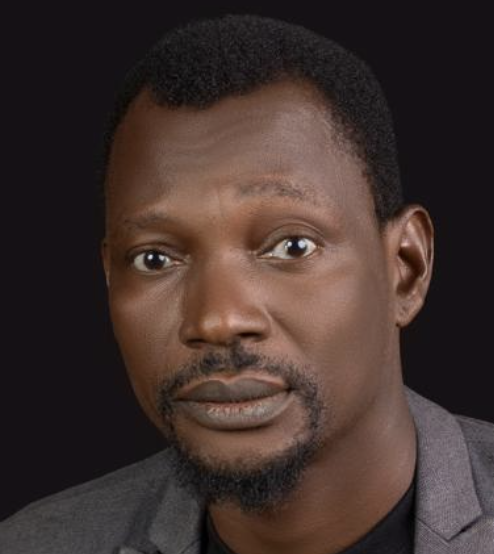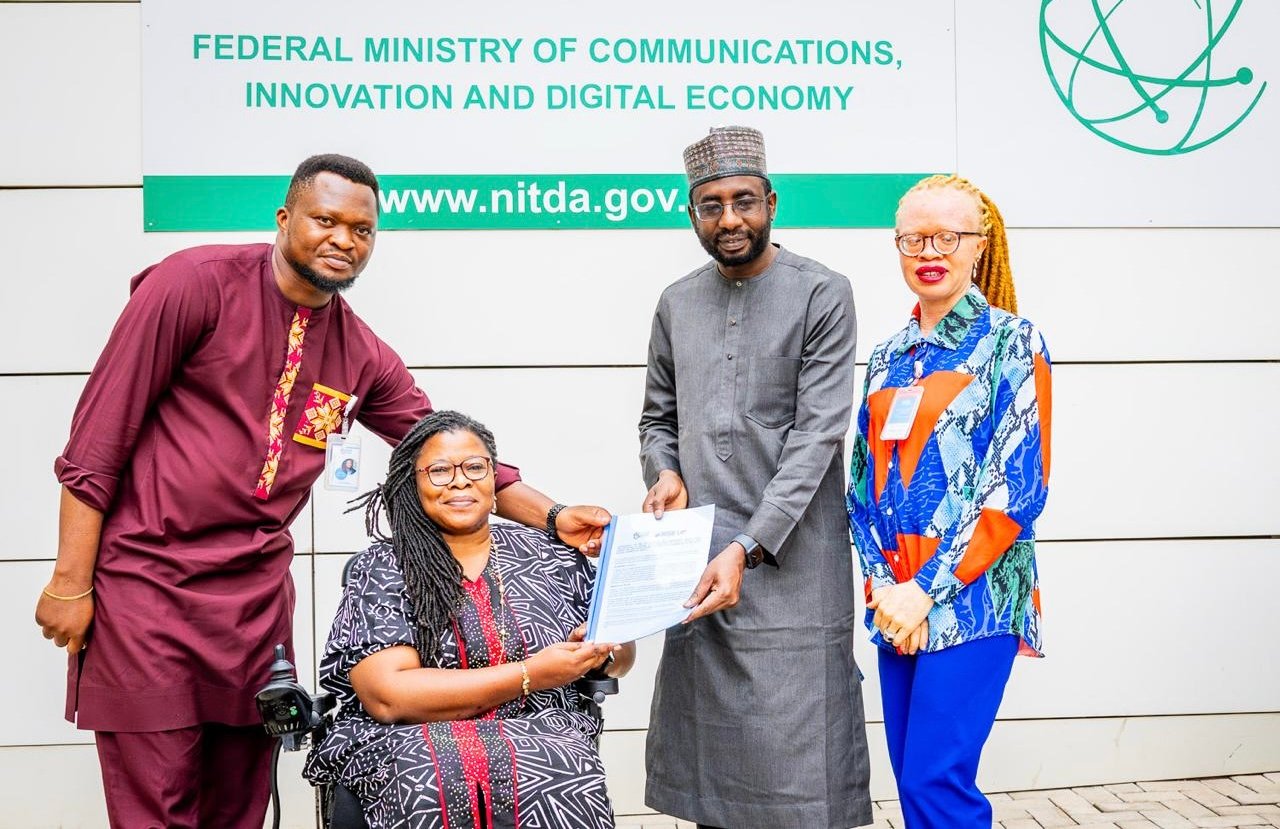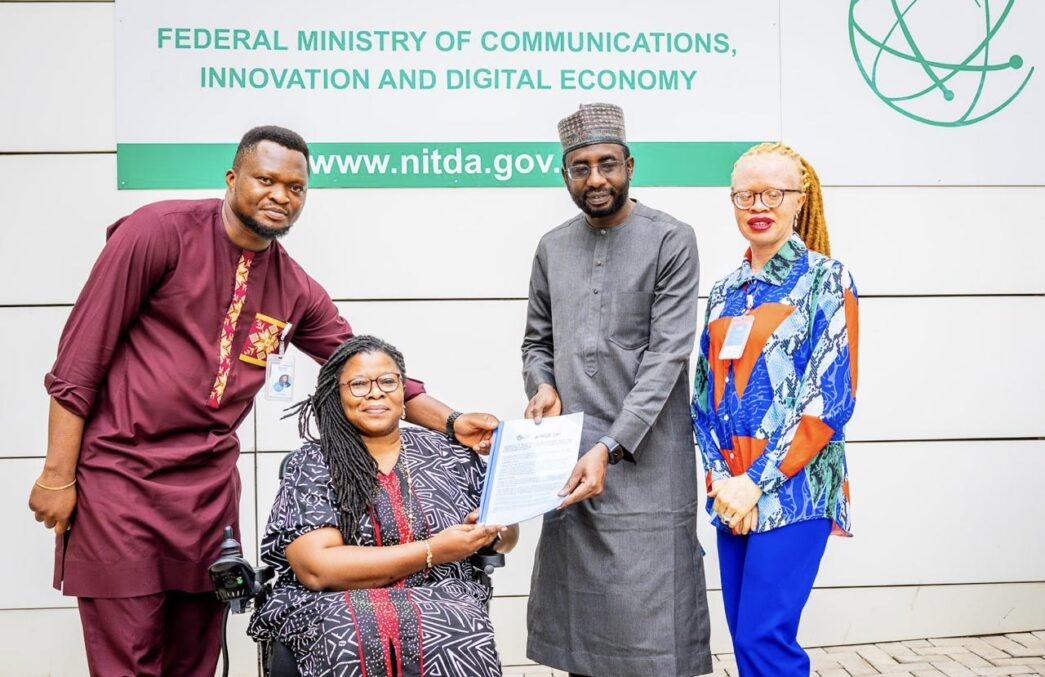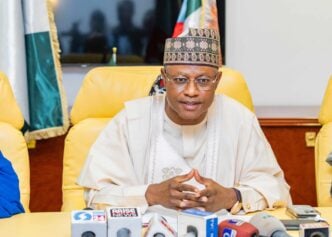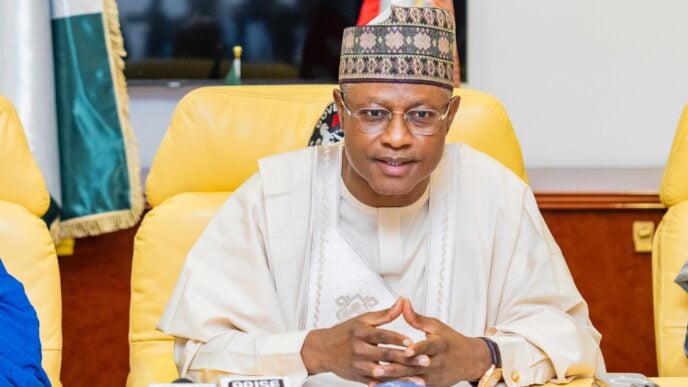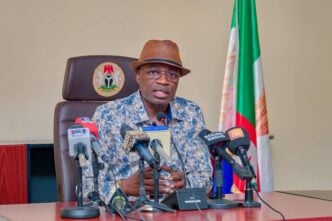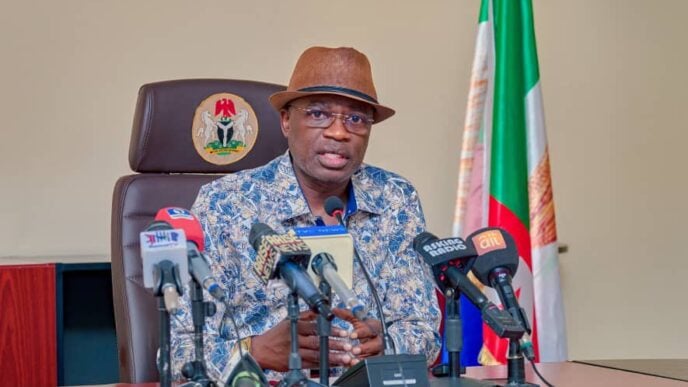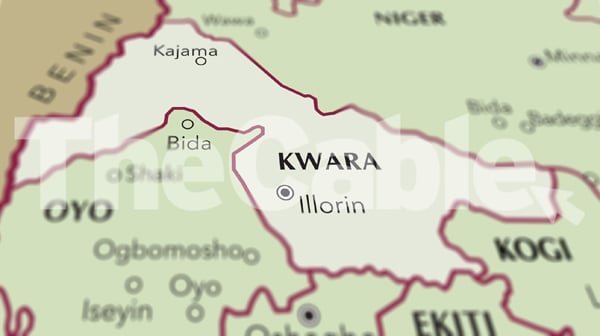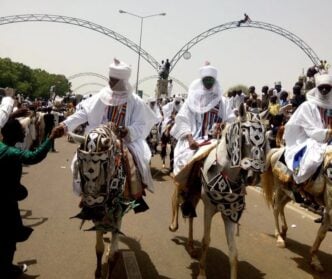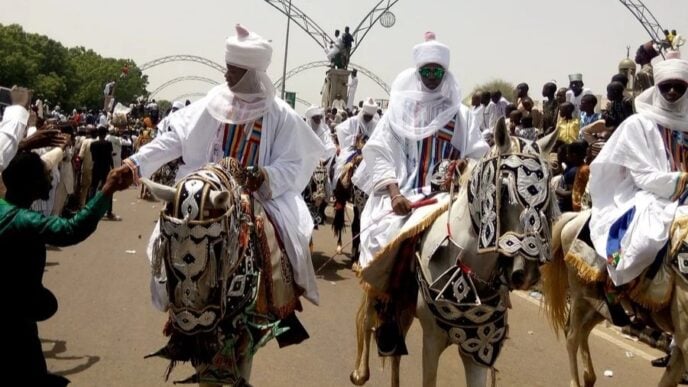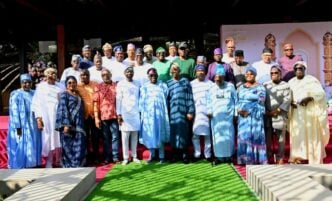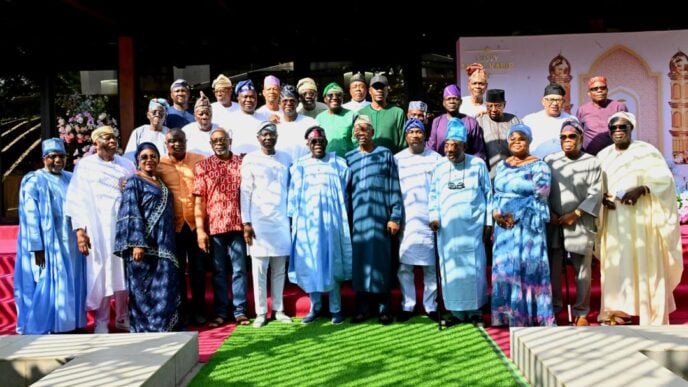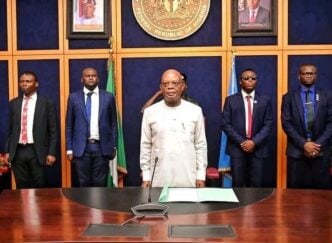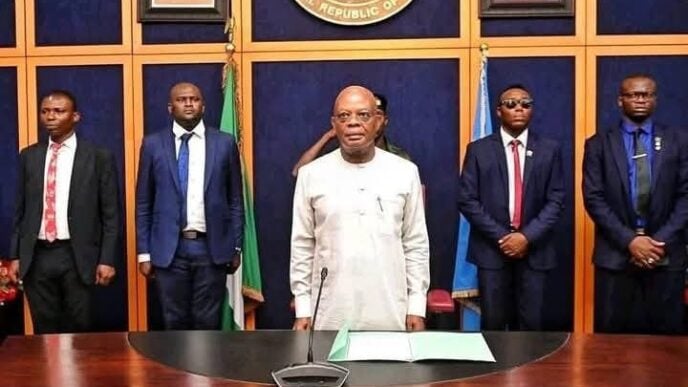The National Information Technology Development Agency (NITDA) has pledged to incorporate digital literacy for persons with disabilities (PWDs) into the National Digital Literacy Framework (NDLF).
Kashifu Inuwa, director-general of NITDA, made the commitment on Wednesday in Abuja during an advocacy visit by the Inclusive Friends Association (IFA).
Inuwa said the decision is part of efforts to ensure no Nigerian is left behind in the country’s digital transformation agenda.
He admitted that the current framework, which targets 95 percent digital literacy by 2030, does not adequately address the needs of over 35 million Nigerians with disabilities.
Advertisement
“There is no way we can achieve 95% when we exclude 35 million Nigerians. The framework aims for universal inclusivity, but the lack of specific mention meant particular needs were not addressed,” he said.
Inuwa assured the IFA team that immediate steps would be taken to correct the oversight, starting with the inclusion of representatives of PWDs in the NDLF review committee.
He added that disability-inclusive standards would now form part of NITDA’s policy direction.
Advertisement
“We need to involve them in designing our programme so that we can create something that truly meets their needs,” he said.
He also pledged that NITDA would explore the rollout of tailored digital training programmes for PWDs, beginning this year, and ensure their inclusion in all strategic collaborations and national partnerships.
Earlier, Grace Jerry, executive director of IFA, said the visit was to request the inclusion of women and girls with disabilities in the NDLF.
She said IFA had conducted a consultative forum with key disability organisations, which identified critical gaps in the framework.
Advertisement
“Over 60% of women with disabilities in Nigeria do not know how to operate a computer. That’s a massive barrier to employment and social inclusion,” she said.
Stephen Idoko, IFA’s programme manager, and Festus Okpeh, presented detailed recommendations to NITDA.
These included reviewing the NDLF to reflect the digital needs of PWDs, explicitly listing women and girls with disabilities as a target group, and working closely with the National Commission for Persons with Disabilities (NCPWD) and disability-led organisations to implement inclusive programmes.
Tracy Onabis, who also represented IFA, reiterated the organisation’s appreciation for NITDA’s openness and said the recommendations presented were based on extensive consultation with members of the Joint National Association of Persons with Disabilities (JONAPWD), the umbrella body for disability cluster groups in Nigeria.
Advertisement
She assured the agency that IFA’s work is rooted in the principle of leaving no one behind in Nigeria’s digital future.
Advertisement
